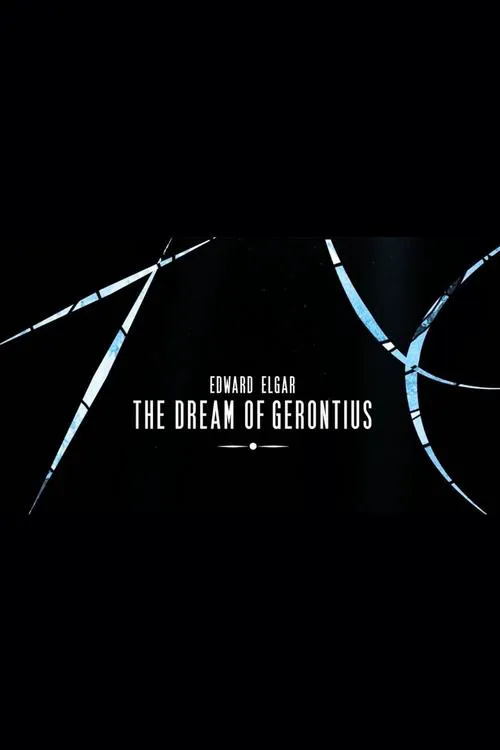Edward Elgar - The Dream of Gerontius

あらすじ
Edward Elgar's The Dream of Gerontius, a masterpiece of classical music, originates from the namesake poem of John Henry Newman. Premiering at the Birmingham Triennial Music Festival in 1900, the oratorio is a profound exploration of death, the afterlife, and the human condition, all set against the backdrop of Roman Catholic theology. At its core, The Dream of Gerontius tells the story of a common man's spiritual journey through death, guided by the narrative voice of the poet and a subtle yet profound exploration of the unseen world. The narrative begins with Gerontius, an elderly man who, while struggling to reconcile his own mortality, is aware of the approaching moment of his passing. The scene unfolds as Gerontius prays at the deathbed, acknowledging his shortcomings and frailties, but also expressing his devotion to God. As his mortal life slips away, he contemplates the prospect of entering the world beyond death, and, through Newman's text, invites the poet and the divine to be witnesses to this momentous event. This poignant and introspective scene sets the tone for the rest of the narrative, drawing the listener into the innermost depths of Gerontius's soul. As he faces the ultimate reckoning, Gerontius's anxiety and trepidation are palpable. Yet, in the same moment, he expresses a desire for God to reveal the mysteries of the afterlife to him. In turn, Newman's poem guides us through Gerontius's introspection, painting a picture of a soul grappling with the unknown, while, at the same time, seeking redemption and forgiveness. Elgar's masterful setting skillfully balances the somberness of death with the hope that lies at the heart of Gerontius's existence. With the moment of death approaching, an angel intervenes, proclaiming Gerontius's name and ushering him into the heavenly realm. However, as he embarks upon this journey, Gerontius is beset with conflicting emotions: on one hand, there is the desire to surrender to God and accept the unknown; on the other, there remains a certain level of trepidation, born from the limitations of human understanding. Elgar captures this emotional turmoil through a series of complex musical textures, weaving together contrapuntal lines, soaring melodies, and rich harmonies that mirror Gerontius's inner turmoil. Throughout the music, Elgar draws upon the rich symbolism of Newman's text, often employing vivid imagery to paint a sonic picture of Gerontius's soul as it navigates the unknown. For instance, the moment when Gerontius's soul passes into the world beyond death is marked by a dramatic shift in musical dynamics, signaling a pivotal transformation in his spiritual journey. The music itself becomes a mirror to Gerontius's inner world, capturing the fluid and unpredictable nature of his emotions as he grapples with the afterlife. One of the most powerful aspects of The Dream of Gerontius is its ability to elicit a profound emotional response from the listener, even while maintaining a level of intellectual detachment. Elgar's masterful composition transcends the boundaries of a simple narrative, instead inviting the audience to engage with the very depths of Gerontius's soul. This dichotomy is perhaps the greatest strength of the work, making it both a deeply personal and deeply universal experience. In an age of increasingly mechanized and standardized musical production, Elgar's The Dream of Gerontius stands as a testament to the power of human creativity to transcend mortality. His masterful setting of Newman's poem reminds the listener that music, when crafted with devotion and care, can capture the essence of the human experience in all its complexity and emotion.
レビュー
おすすめ



